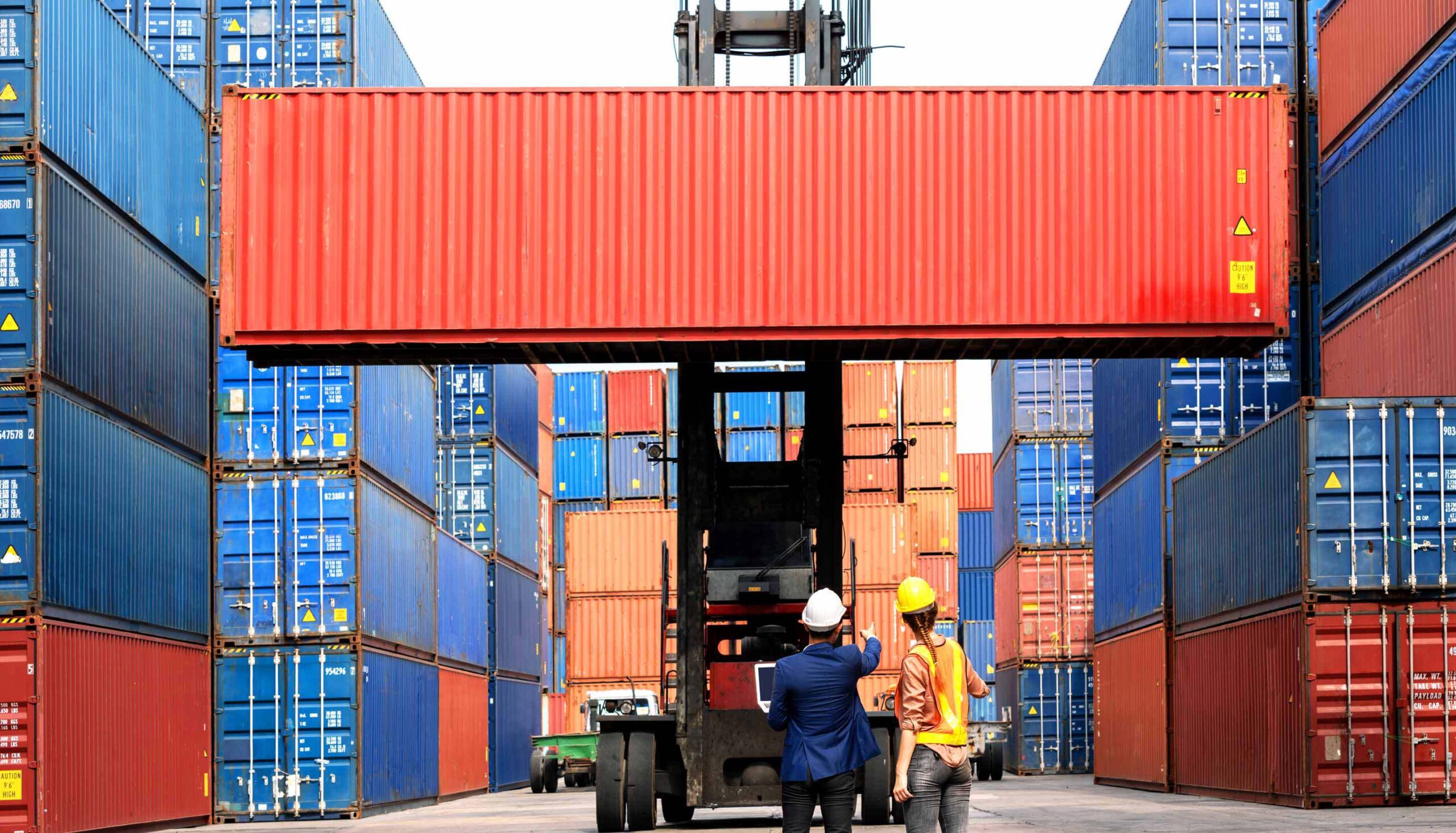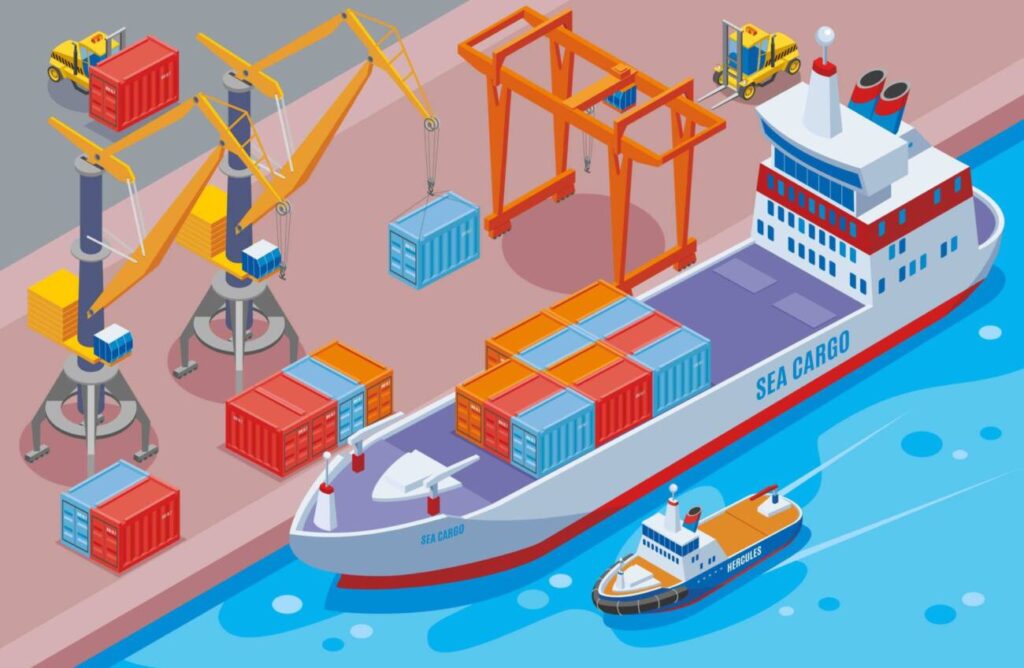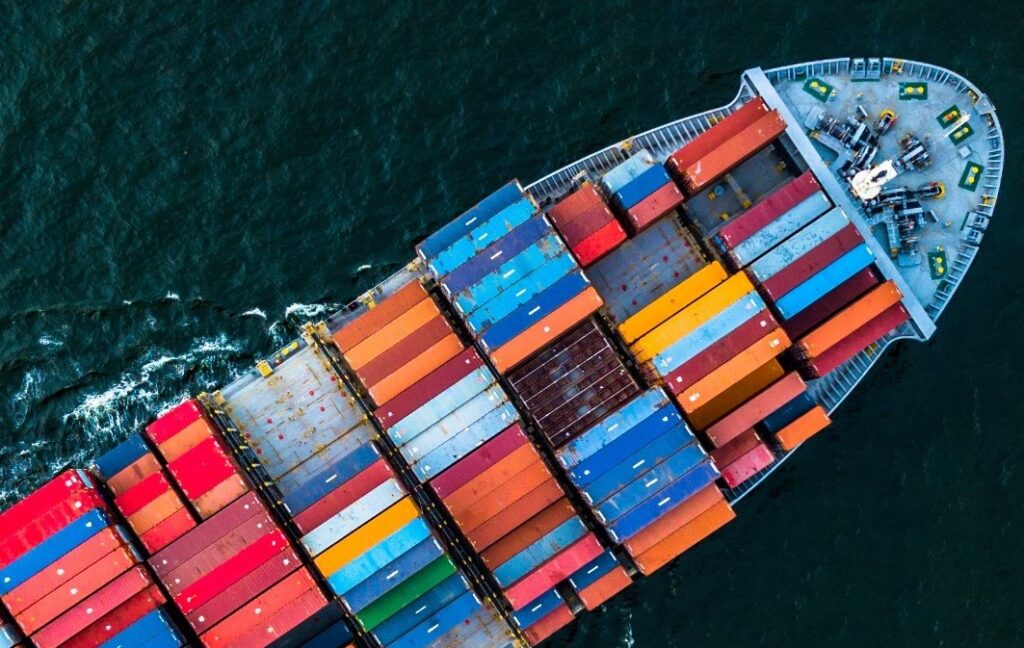
Hello, dear readers! As someone deeply involved in the shipping industry, I can’t stress enough the importance of cargo coverage.
Cargo coverage isn’t just a formality—it’s a necessity. Imagine shipping valuable goods across continents, only to find them damaged or lost. The financial implications can be staggering.
Shipping isn’t always smooth sailing. From unpredictable weather conditions to human errors, the risks are numerous. We’ve penned this article to provide you with legal tips to ensure your cargo is well-covered and protected.
Table of Contents
Cargo Coverage

Source: tradefinanceglobal.com
Cargo coverage is an insurance policy that protects the value of your goods during transportation. Whether you are in the mile-high searching for cargo insurance denver, or in the pacific, it is the same concept. It’s the safety net every shipper needs.
Types of Cargo Coverage Available:
- All-risk coverage: This is the most comprehensive type, covering almost all potential damages or losses.
- Named-perils coverage: This covers only specific risks mentioned in the policy.
- Open cargo policy: A continuous policy that covers all shipments made by the insured over a specific period.
Key Terms and Concepts:
- Valuation of goods: Determining the monetary worth of your cargo.
- Deductibles and limits: The amount you’ll pay out of pocket before the insurance kicks in and the maximum amount the insurer will pay.
- Exclusions and endorsements: Specific conditions or situations where the insurance won’t apply and additional coverages or modifications to the policy.
Identifying Potential Risks
- Physical damage: This can be due to poor handling, accidents, or other unforeseen events.
- Theft and pilferage: Sadly, cargo theft is more common than we’d like to admit.
- Natural disasters: Events like hurricanes or tsunamis can severely affect shipping routes.
- Accidents and collisions: These can occur both at sea and during road transportation.
Recent events, like the pandemic, have shown how fragile our global supply chains can be, leading to increased risks for cargo.
Legal Considerations

Source: pexels.com
- Bills of lading: Official documents that detail the type, quantity, and destination of the goods being shipped.
- Incoterms: International commercial terms define the responsibilities of sellers and buyers for the delivery of goods.
- Hague-Visby and Hamburg Rules: International rules that determine carrier liability.
- The Montreal Convention: Regulates the rights of passengers and cargo during air transport.
- Carrier’s liability limits: The maximum amount a carrier will be liable for in case of loss or damage.
- Shipper’s duty to declare: Misdeclaration can lead to voided insurance coverage.
Steps to Ensure Comprehensive Cargo Coverage
Selecting the Right Insurance Policy
First Assess the value and nature of goods. Ensure you’re not underinsuring your cargo.
Secondly, Compare different coverage options. Not all policies are created equal. It’s essential to find the one that fits your needs.
Disclosing Accurate Information
Ensure you provide detailed cargo descriptions. This helps insurers understand the risks better. Report any hazardous materials. Failing to do so can lead to severe legal implications!
Risk Management Practices
Proper packaging and labeling can significantly reduce the risk of damage. Additionally, tracking and monitoring technologies you to monitor your cargo in real-time, reducing risks.
Regular Policy Review and Updates
Adjusting coverage based on changing needs as your business grows. Regularly review your policy to ensure there are no blind spots.
Handling Claims and Disputes

Source: pexels.com
Time is of the essence when making a claim so notify parties promptly. Document evidence (photos, reports, invoices), with the knowledge that the more evidence you have, the smoother the claims process.
Knowing the process can expedite your claim. Sometimes, disagreements arise. It’s essential to know your rights and responsibilities.
Emerging Trends
Technological Advancements in Cargo Security:
- IoT-enabled tracking systems: Real-time tracking is becoming the norm.
- Blockchain: This technology promises to revolutionize how we track and verify cargo.
Conclusion
In wrapping up, I hope this guide has shed light on the intricacies of cargo coverage. It’s not just about protecting your goods—it’s about peace of mind.
Let’s work together, shippers, carriers, and insurers, to ensure safer transportation for all.







